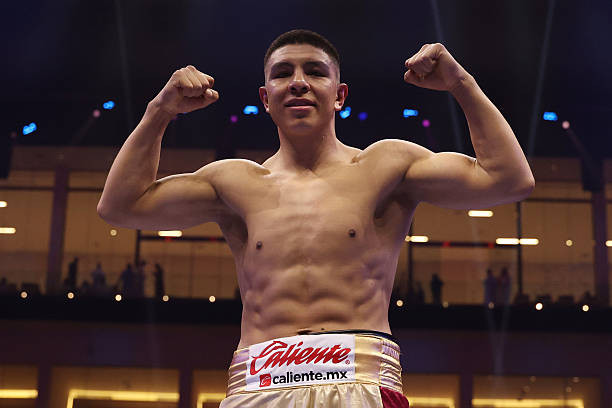The controversy surrounding Jaime Munguia’s failed drug test after his May rematch victory over Bruno Surace has exposed deep fractures within boxing’s anti-doping and regulatory landscape.
Munguia reclaimed victory on points in their Riyadh rematch after being knocked out in December 2024 and was tested positive for metabolites linked to exogenous testosterone in both his A- and B-samples collected on May 4. Despite the seriousness of the result, the event was not under UK Anti-Doping jurisdiction, leaving VADA as the sole testing authority and limiting the British Boxing Board of Control’s ability to intervene.
Munguia attributed the findings to accidental contamination from supplements containing pregnenolone, a legal substance, and his team argued that this caused a “false positive.” However, world-renowned SMRTL scientist Dr. Daniel Eichner rejected that explanation, stating the detected metabolites were “unrelated to pregnenolone” and that pregnenolone use “does not result in a positive IRMS test.” Still, the WBC treated the case as a first offense based on Munguia’s clean testing history, placing him on one year of probation with additional testing and a nutrition-monitoring program, while noting it “could not determine with reasonable certainty” the cause of the positive test.
The handling of the case has drawn sharp criticism. Legal maneuvering, high-priced representation, and inconsistent jurisdiction have made it difficult for regulators to enforce meaningful consequences. One boxing insider noted that many commissions “ignore” positive tests because the legal burden is too costly, while journalists have been accused of soft-pedaling controversies to maintain access. The result: fighters returning quickly from adverse findings and re-entering major opportunities with minimal interruption.
The Munguia case is not isolated. The article also highlights similar issues in the unresolved positive test of Francisco Rodriguez, who tested positive for a stimulant on the night he defeated Galal Yafai, yet fought again months later without VADA retesting and rose in WBC rankings. This pattern fuels concern that powerful teams can navigate around sanctions while affected opponents like Surace and Yafai are left without recourse.
WBC president Mauricio Sulaiman defended the organization’s procedures, insisting each case is handled independently and rejecting claims of favoritism. He pointed to the organization’s investment in testing and emphasized that once a fighter serves a punishment, “they cannot be punished again.” Even so, regulatory bodies such as the BBBoC and UKAD have struggled to enforce consistent authority, particularly when bouts take place outside the UK or fall into jurisdictional gaps.
So, the picture painted is of a fractured global system in which anti-doping enforcement relies on scattered agencies with inconsistent powers, leaving everyone uncertain about who is truly responsible. With more positive tests surfacing across high-profile bouts, the call grows louder for unified standards, firmer penalties, and coordinated accountability - changes yet to materialize in a sport still operating like the “wild west” of modern athletics.
Image Credit: Getty Images
